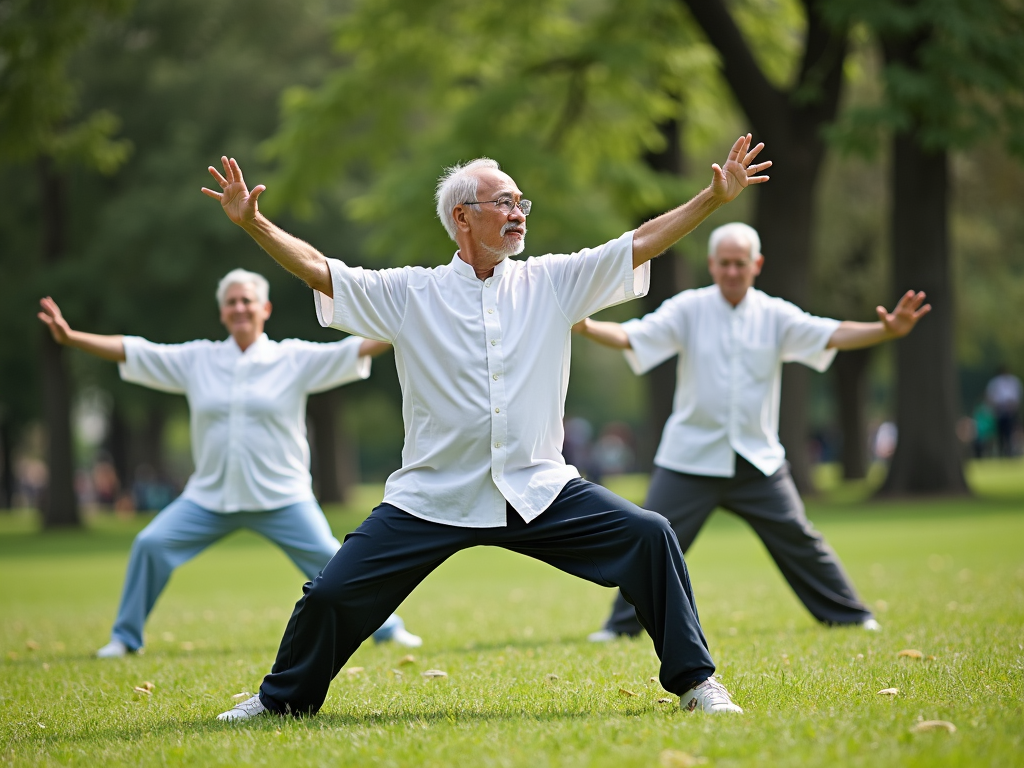As we age, our bodies undergo various changes that can affect our nutritional needs and overall health. Eating well becomes increasingly important to maintain energy levels, support immune function, and prevent chronic diseases. This article explores the key aspects of nutrition and wellness for seniors, providing actionable tips and insights to help you live a healthier, more vibrant life.
Nutritional Needs for Seniors
Older adults often require fewer calories but more nutrients, making it essential to choose foods wisely. Key nutrients to focus on include: - Protein: Helps maintain muscle mass and strength. - Calcium and Vitamin D: Essential for bone health. - Fiber: Aids digestion and helps prevent constipation. - Vitamin B12: Important for nerve function and energy production. - Hydration: Staying hydrated is crucial, as the sense of thirst may diminish with age.

Healthy Eating Tips
- Plan Your Meals: Create a weekly meal plan to ensure you're getting a variety of nutrients.
- Portion Control: Use smaller plates to help manage portion sizes.
- Choose Nutrient-Dense Foods: Opt for whole grains, lean proteins, fruits, vegetables, and low-fat dairy.
- Limit Processed Foods: Reduce intake of foods high in sugar, salt, and unhealthy fats.
- Stay Hydrated: Drink water throughout the day, even if you don't feel thirsty.

Incorporating Physical Activity
Physical activity is a crucial component of wellness as we age. It helps maintain mobility, improves mood, and reduces the risk of chronic diseases. Here are some tips for staying active: - Find Activities You Enjoy: Whether it's walking, swimming, or dancing, choose activities that you look forward to. - Set Realistic Goals: Start with small, achievable goals and gradually increase your activity level. - Stay Social: Join a fitness class or walking group to stay motivated and connected. - Listen to Your Body: Pay attention to how you feel and adjust your activities accordingly.

Wellness Beyond Diet and Exercise
Wellness encompasses more than just diet and exercise. It's also about mental health, social connections, and getting enough sleep. - Mental Health: Engage in activities that stimulate your mind, such as reading, puzzles, or learning a new skill. - Social Connections: Stay connected with friends and family, and consider joining clubs or volunteer groups. - Sleep: Aim for 7-9 hours of quality sleep each night to support overall health.

Overcoming Challenges
Eating well and staying active can be challenging, especially with age-related changes. Here are some common obstacles and solutions: - Difficulty Chewing or Swallowing: Opt for softer foods or pureed options. - Limited Mobility: Choose seated exercises or activities that can be done at home. - Lack of Appetite: Eat smaller, more frequent meals and focus on nutrient-dense foods. - Budget Constraints: Look for affordable, healthy options like frozen vegetables or bulk grains.

Conclusion
Eating well as you age is about more than just food; it's about embracing a holistic approach to wellness that includes nutrition, physical activity, mental health, and social connections. By making small, sustainable changes to your lifestyle, you can improve your quality of life and enjoy your golden years to the fullest.
Discuss Here